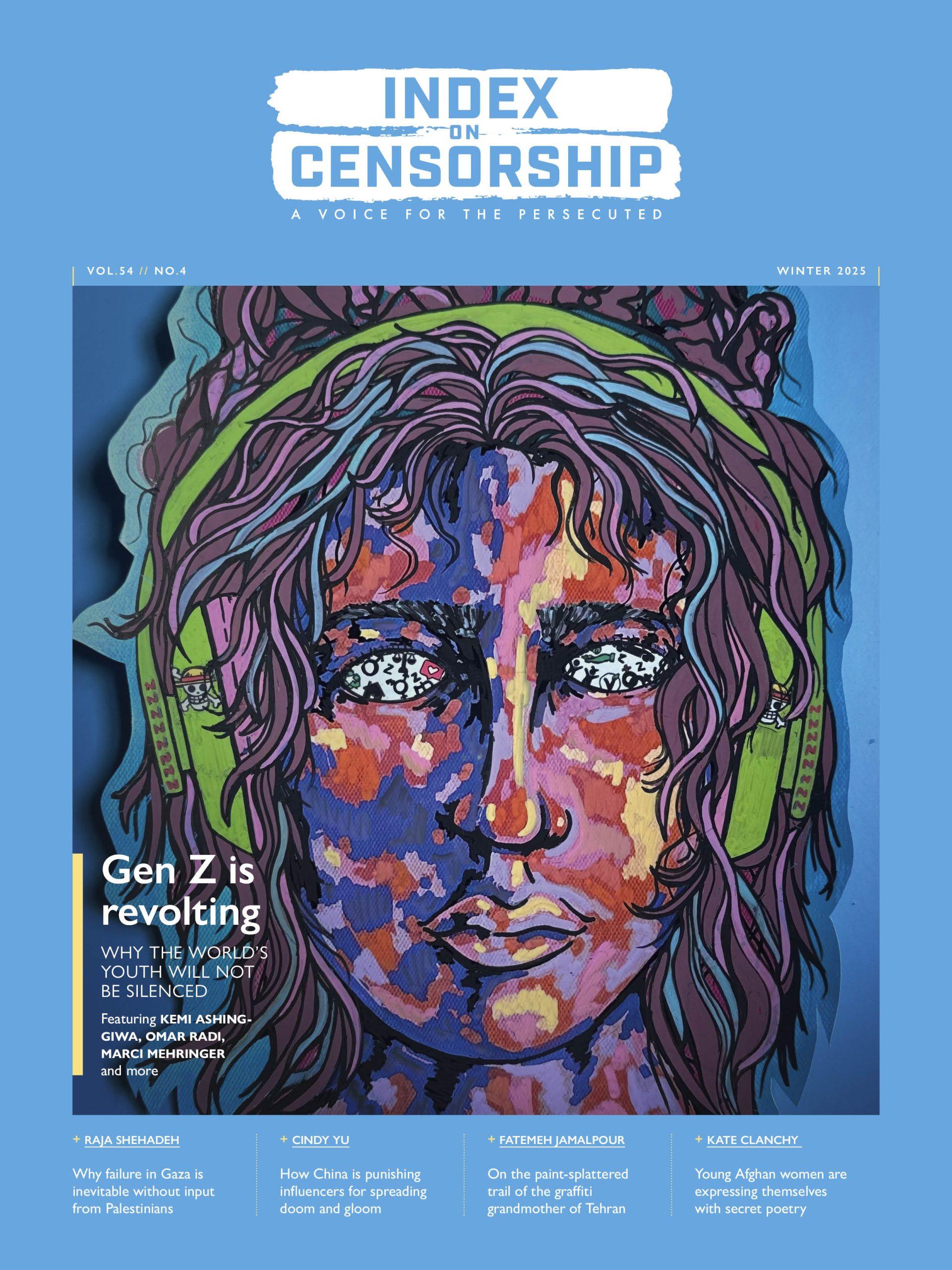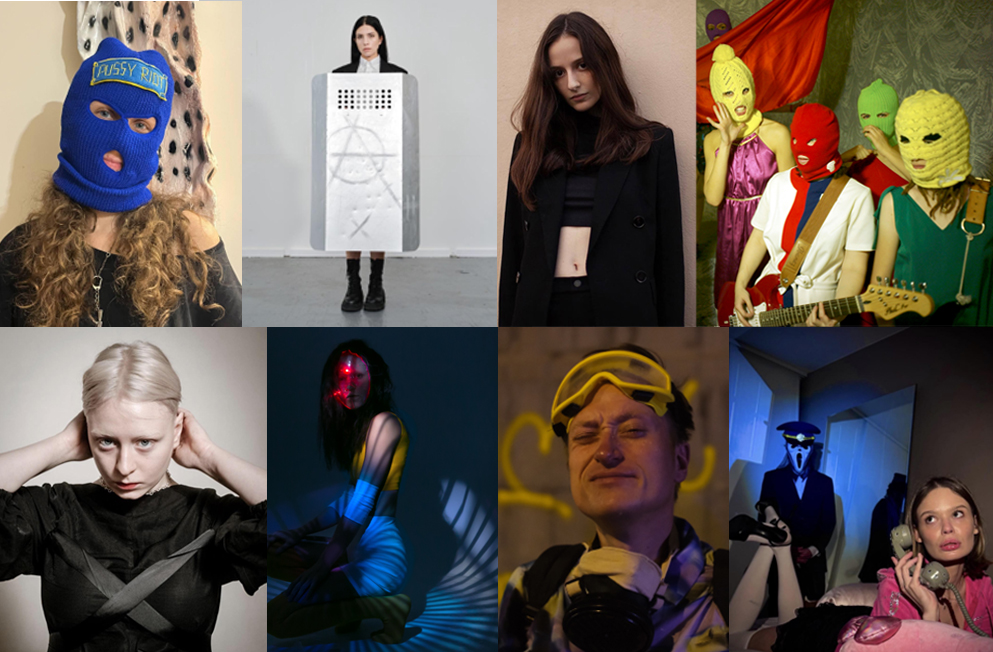Vladimir Putin’s inauguration on 7 May was marked with mass protest actions, arrests and clashes with police, which have continued for the last two weeks and seem unlikely to stop.
Since the inaguration ceremony, protesters have been holding an anti-Kremlin action in Moscow’s Chistye Prudy boulevard, in defiance of authorities. Opposition figures Alexey Navalny and Sergei Udaltsov were sentenced to 15 days of administrative arrest for allegedly not following orders from police. Eventually, protesters convinced police they had the right to camp in their home city. The police forbade them from using tents, sound-amplifying equipment and told them to keep off the lawns.
The camp was attended by several hundred people: different political groups, representatives, and politically active citizens, who don’t support a particular party or movement. They rejected opposition leaders, such as Sergei Udaltsov, Alexey Navalny, Ilya Yashin and Ilya Ponomarev as authorities and established a people’s assembly — a collective self-government institution where all the protesters decide organisational issues.
The camp on Chistie Prudy has become known as Occupy Abai, after Kazakh poet Abai Kunanbaev, whose monument stands in the centre of protest camp. It has became a masterpiece of self-organisation, to the pride of Moscow anarchists, who were widely represented in opposition camp. Special work groups made sandwiches and tea, cleaned the camp territory and scheduled lectures, mainly about protest movements.
Notable Russian writers and poets gathered thousands of people to march through Moscow boulevard ring against mass detentions during Putin’s inauguration and his presidency, in support of OccupyAbai.
But this week the situation changed. Basmanny court ruled that the camp must be removed from Chistye Prudy by Moscow central district prefecture within less than 24 hours. The police broke up the camp at 6 am, when no journalists were around and protesters were asleep. Tens of people were arrested when they said they didn’t want to leave the camp. According to them, policemen took away protesters’ food, water and the box with the cash donated by their supporters, which contained up to 250 000 roubles (around £5000 GBP).
The protesters roamed to another central square, Kudrinskaya, where they again were attacked by the police, who claimed protesters didn’t have special permission to share food and water with each other. Tens of people were arrested, including Khimki forest defence leader Evgeniya Chirikova. Opposition activist Ilya Yashin was sentenced to 10 days of administrative arrest. The others stayed, fearing riot police can arrest them any time.
The district’s municipal deputies from United Russia and the Communist party blocked attempts from local opposition deputies to legalise the protesters’ camp at Barrikadnaya by granting it the status of a festival.
Meanwhile United Russia deputies in State Duma prepared a bill, which will toughen the fines for those who break rules of holding rallies. Such charges are often brought against Putin’s protesters in Moscow courts. Hundreds of people protested against the bill in front of State Duma building, but didn’t seem to convince United Russia deputies.
Alexei Navalny and Sergei Udaltsov, who were arrested during peaceful protest actions on 9 May, are considered prisoners of conscience by Amnesty International. “These people were persecuted for having realised their right to express themselves,” – the organisation head in Russia Sergei Nikitin said to Interfax news agency. The other protesters are persecuted for the same reason, but they are not famous enough to be considered political prisoners by world human rights organisations.




